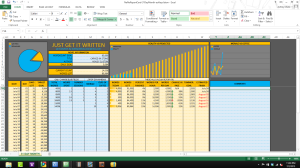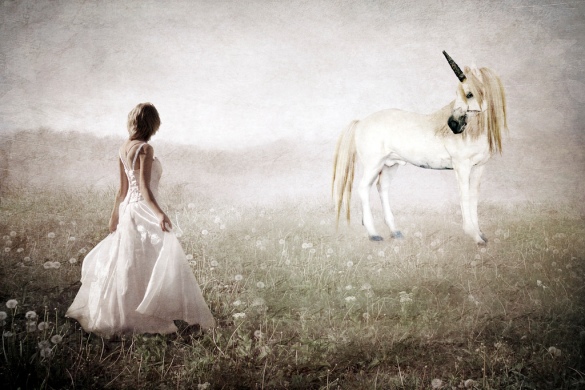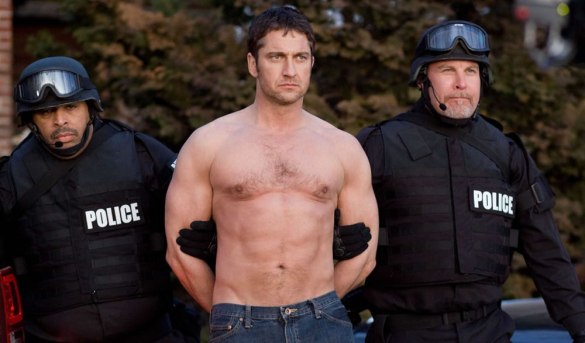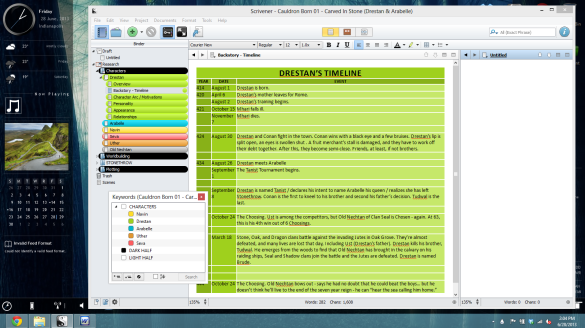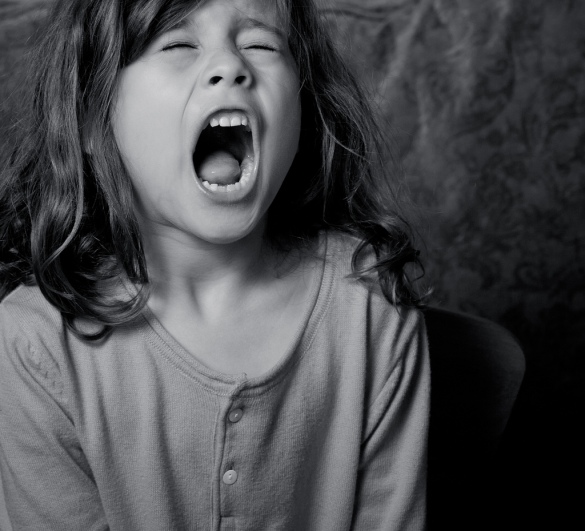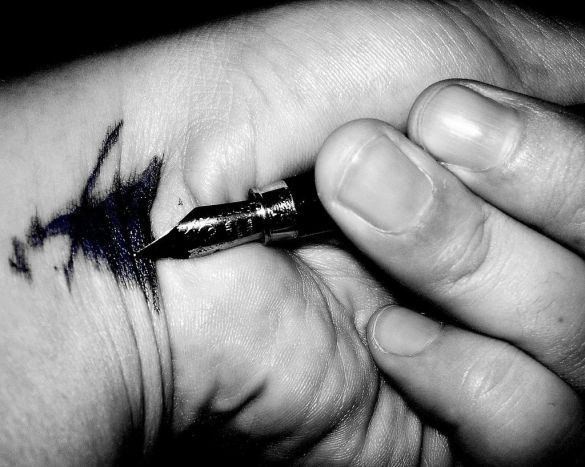There seem to be two camps among the romance-reading public: those who are enraged by the endless sea of virginal heroines, and those disgusted by experienced heroines (or will “tolerate” a heroine with sexual experience – as long as it’s kept quiet/barely mentioned/swept under the rug). I’m not in either camp, really. I’m in the “why does her sexual history (or lack thereof) even matter?” camp. Anyone with me?
Like most writers, I’m an avid reader. I mainly read within the genres I write, but not exclusively. I’ve had a lifelong love-affair with romance novels (I probably started reading them way too early in life, but that’s another post entirely). When I was a teenager, the virgin heroine thing never bothered me – I actually liked reading from the POV of someone as inexperienced as I was, and I never gave it a second thought. Reading as a woman, I feel differently.
I don’t mean that I automatically dislike any book where the heroine is a virgin. I don’t even mean that I prefer experienced heroines over virgin heroines – it all depends on the character and the setting. In fact, if you’re writing a historical, I almost expect the heroine to be a virgin. That’s the political climate. If I’m reading a regency and somehow the high-society heroine has managed to have numerous sexual escapades without repercussions, I might not be able to suspend my disbelief.
But if you’re writing about a contemporary heroine who has been engaged for over two years, living with her fiancé and sleeping in his bed – and she’s still a virgin… come on. And if it’s all so that you can make a plot point for the Hero (her new husband, not the previously mentioned fiancé) to think her reticence to sleep with him is because she’s cheating, all so that you can have him practically rape her – all so that you can have him experience shock and remorse and tenderness when she bleeds? I’m sorry, but this does not make sense in my head. And this example, by the way – it’s from one of my favorite authors. A New York Times Bestseller.
It makes me wonder why it was so important for the heroine to be a virgin, especially when it did not make sense with the character’s personality or backstory. I just googled, and the book was first published in 1999 – I’m not sure what the publishing climate was like in those days (I wasn’t even in middle school yet), but could it have been a demand made by the publisher? I don’t know, because the rest of the series spans about a decade, and all of her heroines are virgins.
I feel like this is one of the flaws in our society. As it is now, women may have the right to say ‘no’, but they don’t have the right to say ‘yes’. Our romance novels still, to this day, reflect that fact. I understand the 1970’s romance novels are a product of the time they were written in, but we are still (by the choices we make in writing) denying that a woman has the right (yes, the fucking right) to take charge of her own sexuality. And I hate that. Every once in a while, please, give me a heroine who is as comfortable in her sexuality as the hero.
A sexual history does not make a woman less, and an intact hymen does not a heroine make.
ALSO
A lack of sexual history does not make a woman less, and a virgin heroine should not be solely defined by, or desired for, her perceived “purity.”
I think of how this reflects on our society as a whole. In some ways, we address (and attempt to ‘educate’) men as if we’re training dogs, as if they’re somehow lesser beings incapable of holding two opposing thoughts in their heads and we need to speak slowly and focus on one trick at a time so that ‘the poor things’ don’t get confused (I hate this). So we focus on the view we find more important – that women have the right to say no. In the current environment of our world, it’s an important statement to make. But we’re neglecting the other side of the coin, the fact that women also have the right to say yes – without being judged. Without being shamed.
And we’re perpetuating this in romance novels – and for little girls like me, that’s the first real glimpse we get into the world of relationships. Don’t we owe it to those little girls to empower our female characters – not because of their sexual history, but regardless of it?
Which camp do you fall in? Do you prefer your heroines to be virgins when they meet the hero? Why or why not?
Inquiring minds want to know.
